Choosing the right nappy for your little one is crucial for ensuring their comfort, health, and happiness. In today’s market, there are numerous brands that cater to different needs, from eco-friendly options to premium comfort designs. This article highlights some of the top nappy brands that have earned the trust of parents due to their quality, reliability, and value for money. If you're eager to discover which brands made it to our list of the best nappies, read on below.
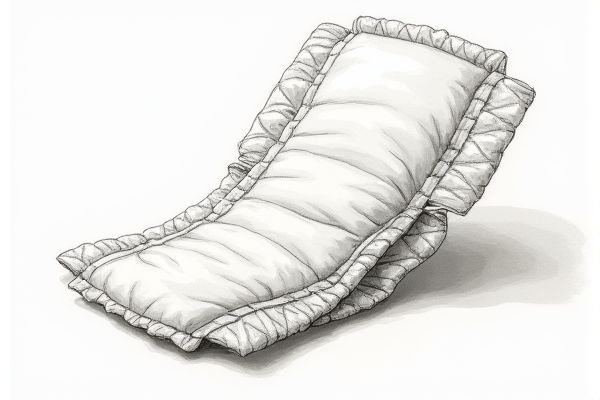
Illustration of nappies
Best brands of nappies in 2025
Pampers
Pampers, a brand owned by Procter & Gamble, is one of the leading producers of baby diapers, dominating the global market with a significant share. In 2014, Pampers generated over $20 billion in baby product sales, highlighting its strong market presence. Pampers and Huggies, another major brand, collectively control around 75-76% of the baby diaper marketshare. The brand's success is attributed to continuous innovations in diaper fabric, absorption capabilities, and user-friendly features. Pampers' dominance is particularly strong in the U.S. market, although it faces increasing competition from other brands in developing markets. Further insights and product details can be found on their official website.
Huggies
Huggies, a brand by Kimberly-Clark, is one of the leading producers of baby diapers, known for its superior absorbency and top-notch construction. Huggies Snug & Dry diapers have top scores in absorbency tests, featuring an elastic waistband and leg openings for a secure fit, and are praised for their comfort and leak prevention. The brand holds a significant market share, with Kimberly-Clark and Procter & Gamble collectively capturing around 75-76% of the baby diaper market. Huggies has been a major competitor since its introduction in 1978, taking nearly a third of the market from Pampers. The brand's products are also noted for their affordability and high quality.
Luvs
Luvs is a prominent brand in the diaper market, known for its high-quality and reliable products such as the Luvs Platinum Protection diapers, which offer up to 12 hours of triple leakguard protection and are hypoallergenic and free of parabens and latex. The global diaper market, in which Luvs operates, was valued at USD 74.59 billion in 2022 and is expected to grow to USD 124.58 billion by 2030, with a CAGR of 6.71% during the forecast period. Luvs is part of a competitive landscape that includes other major brands like Pampers, Huggies, and Hello Bello. The brand's products are designed for maximum comfort and protection, making them a preferred choice for many parents. With its strong market presence, Luvs continues to contribute significantly to the growing diaper market.
Mamia
Aldi's Mamia brand is a leading producer of high-quality nappies, having achieved significant success since its launch in 2010. Mamia nappies have been named Own Label Range of the Year at the 2016 Grocer Gold Awards and have won several babycare-specific accolades, including the Loved By Parent and Prima Baby Awards. They have overtaken other retailers to become the number-one own label nappy brand, with volume sales increasing by 6.7% to 145 million in 2015, while leading brand Pampers saw a drop of 8.5% in the same period. Parents can save nearly PS244 in the first year by switching to Mamia nappies compared to leading brands like Pampers. The new and improved Mamia nappies feature an ultra dry air system, 2x faster absorbency, and a slimmer design, ensuring high performance and comfort. For more details, visit their Mamia Nappies page.
Seventh Generation
Seventh Generation is a prominent brand in the baby diaper market, known for its commitment to sustainability and health. The company is part of the broader diaper industry, which was valued at USD 74.59 billion in 2022 and is expected to grow to USD 124.58 billion by 2030, with a CAGR of 6.71%. Seventh Generation focuses on eco-friendly and biodegradable products, aligning with the growing demand for environmentally conscious baby care items. In the United States, the baby diaper market, where Seventh Generation operates, is projected to grow at a CAGR of 1.7% from 2023 to 2033, reaching $13.4 billion by 2033. The brand's emphasis on natural ingredients and performance enhancement resonates with modern parents seeking high-quality, sustainable baby products.
Honest Company
The Honest Company stands out as a leading producer of nappies, driven by its commitment to safety, sustainability, and consumer trust. In the second quarter of 2023, diapers and wipes sales for the company reached $55.2 million, marking a 6% increase, and these products comprised about 65% of the company's total sales. The company's Transformation Initiative has been instrumental in this growth, focusing on brand maximization, margin enhancement, and operating discipline. For instance, in 2021, diapers and wipes revenue grew 16% in the fourth quarter compared to the previous year, largely due to the success of the new Clean Conscious Diaper product. The Honest Company's strong retail consumption and distribution gains have further solidified its position in the market. Explore more about their products on their official website.
Earth's Best
Earth's Best, although primarily known for its organic baby food, is also a notable player in the baby care products market, including diapers. However, the brand's main focus and market share are in the organic baby food sector, where it held 29 percent of the U.S. market share as of 2022. Earth's Best was founded in 1987 and was acquired by Hain Celestial Group in 1999. While it is not a leading producer of diapers, its presence in the broader baby care market is significant. The brand's commitment to organic and natural products aligns with growing consumer preferences for healthier and more sustainable options.
Babyganics
Babyganics is a highly regarded brand in the baby care industry, particularly for its commitment to using effective, plant-derived, and organic ingredients in its products. Founded over 20 years ago by two dads, the company is known for its non-allergenic, pediatrician and dermatologist tested products that are free from harmful ingredients like parabens, sulfates, and phthalates. While Babyganics is not a major player in the diaper market dominated by P&G and Kimberly Clark, who hold around 75-76% of the market share, Babyganics has gained traction as part of the 'others' category, which now accounts for 3-4% of the market. For more information on their wide range of baby care products, visit the Babyganics official website.
Bambo Nature
Bambo Nature is a renowned brand in the baby diaper market, known for its high-quality, eco-friendly, and skin-safe products. With over 35 years of experience, Bambo Nature ensures its diapers are free from harmful chemicals, allergens, parabens, and dyes, making them ideal for sensitive skin. The company adheres to strict environmental standards, including the use of sustainable forestry and 100% wind energy in production, and recycles 95% of its waste. Bambo Nature products have been dermatologically tested and approved, and the company holds certifications such as the Nordic Swan Ecolabel and EU Ecolabel. This commitment to sustainability and safety has earned Bambo Nature a significant share in the market, particularly among parents seeking organic and biodegradable diaper options.
Kirkland Signature
Kirkland Signature, Costco's house brand, has achieved remarkable success, particularly with its diaper products, which are known for their quality and affordability. In 2021, the Kirkland Signature brand exceeded $59 billion in sales, with a 13.4% year-over-year increase, accounting for 31% of Costco's total revenue. The diapers are praised for their soft, breathable outer cover, super absorbent design, and lack of natural rubber latex and elemental chlorine. Despite a recent change in suppliers from Kimberly-Clark to First Quality, the brand continues to maintain its high standards. This shift is set to occur in January, reflecting Costco's commitment to quality and customer satisfaction.










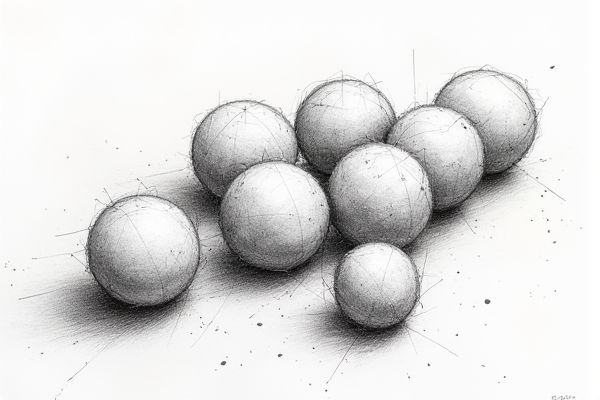
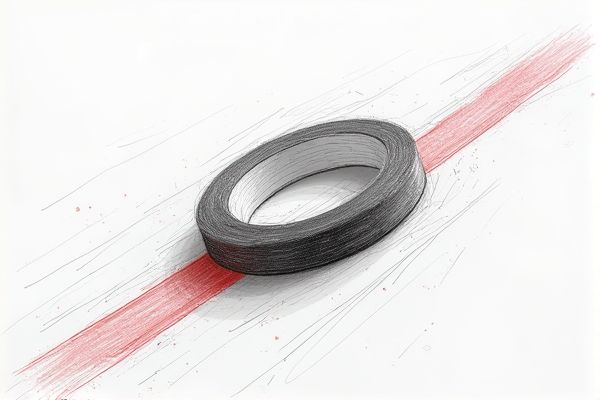
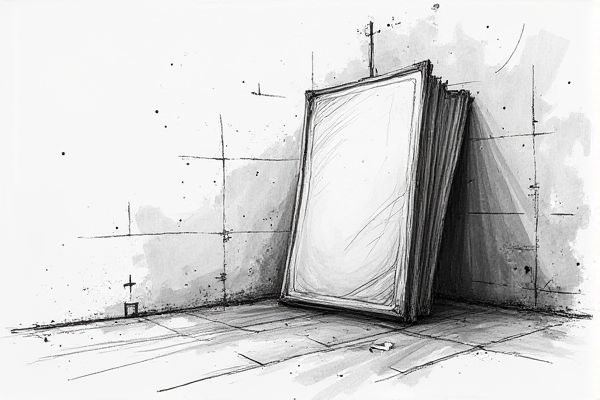
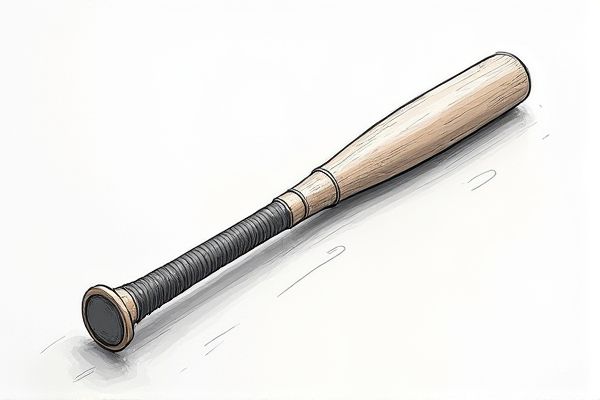
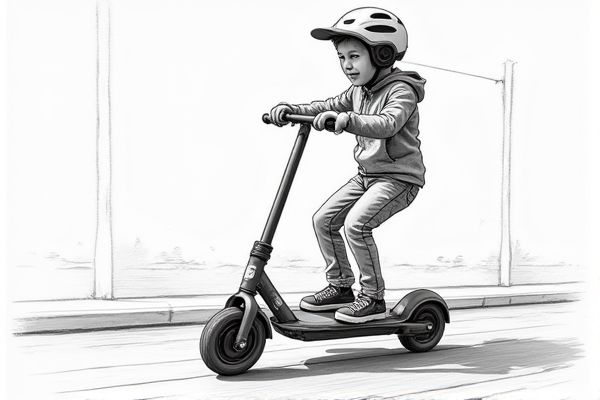
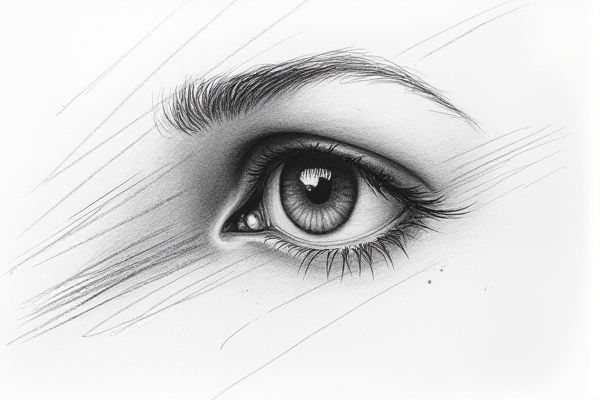
Leave a Reply
Your email address will not be published.